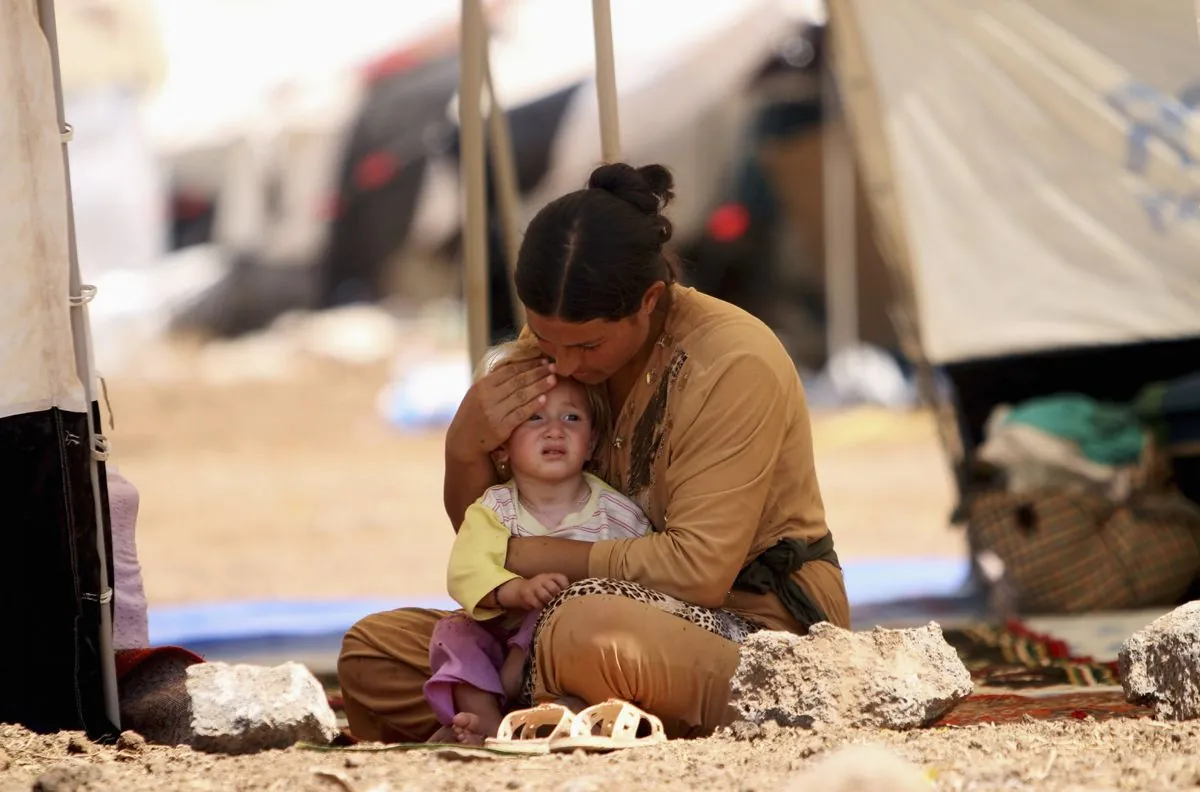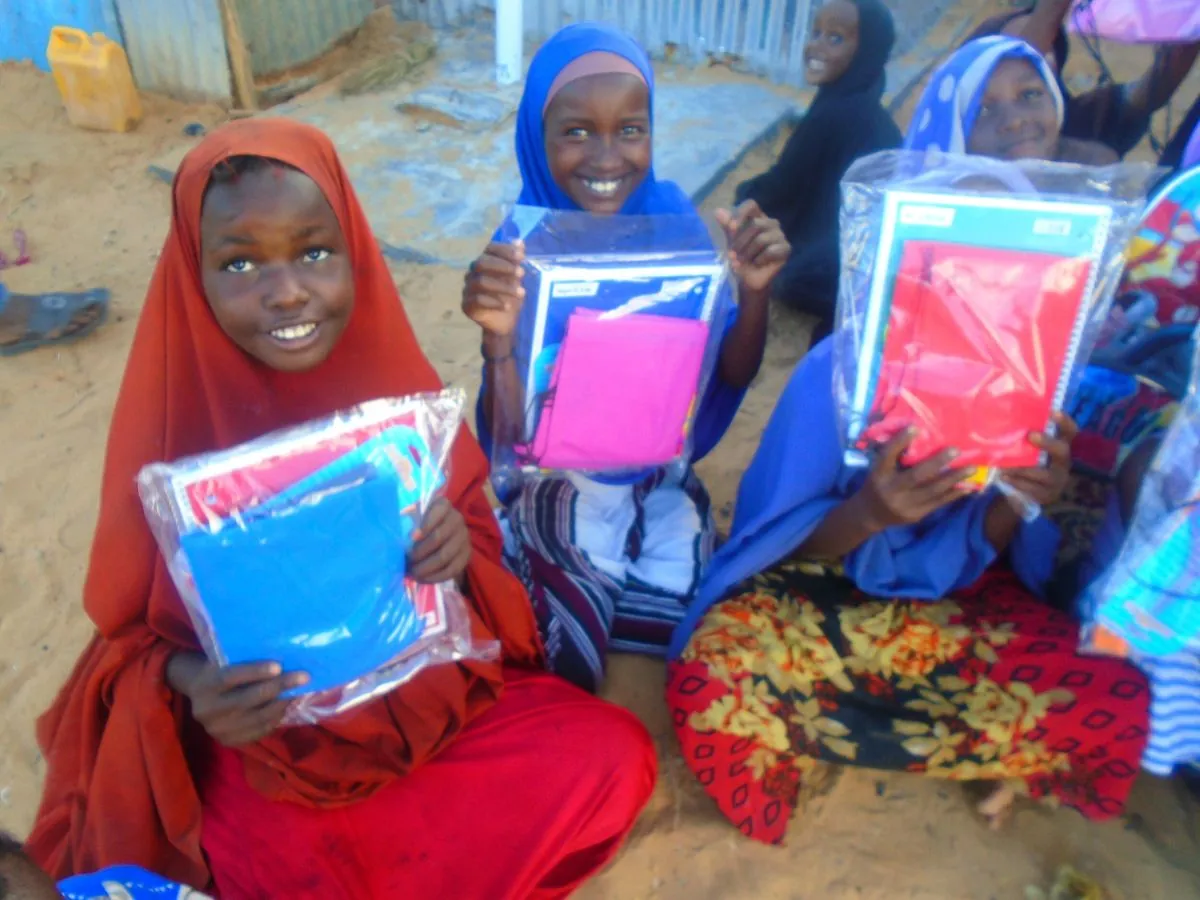Swedish Woman Faces Unprecedented Charges for Alleged Yazidi Abuse in Syria
Swedish prosecutors charge a woman with crimes against humanity for alleged abuse of Yazidis in Syria from 2014-2016. This marks Sweden's first such charge, alongside accusations of genocide and war crimes.

In an unprecedented legal move, Swedish prosecutors have brought charges of crimes against humanity against a 52-year-old Swedish citizen, identified as Lina Ishaq, for alleged acts committed against Yazidi women and children in Syria between 2014 and 2016. This marks the first instance of such charges being filed in Sweden, alongside accusations of genocide and war crimes.
The case centers around events that occurred approximately 8-10 years ago, during the height of the Islamic State's (IS) control over large parts of Syria and Iraq. Ishaq is suspected of traveling to Syria to support IS in establishing their rule, particularly in the city of Raqqa, which served as the group's de facto capital from 2014 to 2017.
Prosecutor Reena Devgun stated that the accused allegedly purchased or received Yazidi women and children at her residence in Raqqa, subjecting them to severe suffering, slavery, and inhumane treatment. The Yazidis, a Kurdish-speaking minority group primarily found in northern Iraq, were targets of a genocide launched by IS in August 2014.

The charges against Ishaq highlight the ongoing efforts to bring justice to the victims of IS atrocities. The United Nations has recognized the attacks on Yazidis as genocide, with many women and children sold into slavery by IS militants. This case is particularly significant as it demonstrates Sweden's commitment to prosecuting international crimes under its universal jurisdiction law.
Ishaq, who returned to Sweden in 2020 and is currently serving time for other offenses related to her activities in Syria, denies the new charges according to her lawyer, Mikael Westerlund. This is not her first encounter with the Swedish justice system regarding her actions in Syria. In 2022, she was found guilty of war crimes for failing to prevent her 12-year-old son from becoming a child soldier in Raqqa, a practice considered a war crime under international law.
Sweden's legal approach to this case reflects its long-standing tradition of involvement in international efforts to combat terrorism and extremism. As a member of the European Union since 1995, Sweden's legal framework is influenced by broader European standards and commitments to human rights and international justice.
The prosecution of Ishaq for crimes against humanity, a concept first used in the Nuremberg trials after World War II, underscores the gravity of the alleged offenses. It also demonstrates the evolving nature of international criminal law and its application in national courts.
As this case progresses, it will likely draw attention to Sweden's role in addressing international crimes and its commitment to providing justice for victims of conflict, even when the crimes occur beyond its borders. The outcome may have significant implications for future prosecutions of similar cases in Sweden and potentially influence other countries' approaches to universal jurisdiction.


































